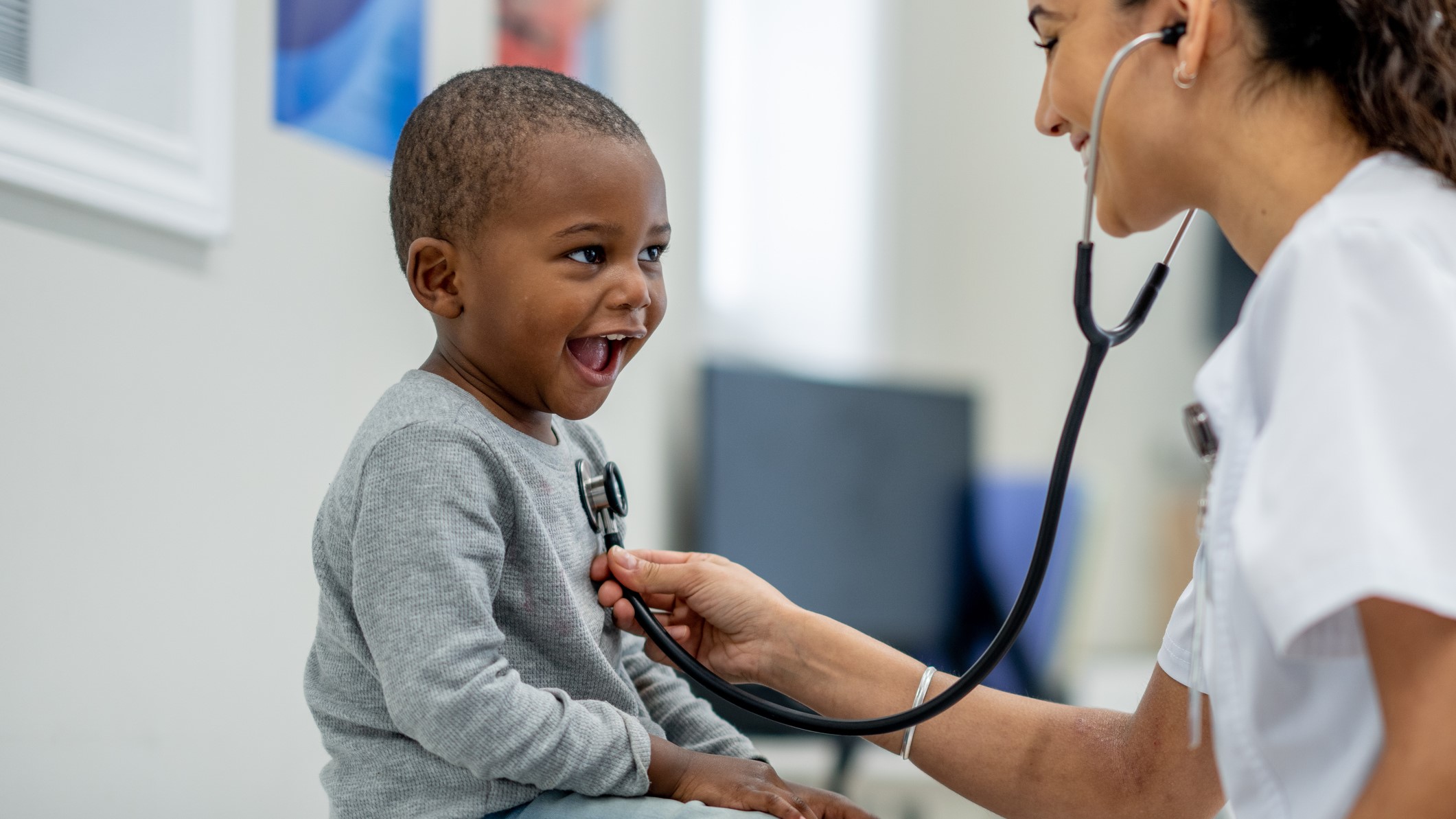Key points
- Anyone can get infected with the kinds of E. coli that cause diarrhea.
- Some groups of people are more likely to get infected or get seriously ill.
- These groups include children younger than 5, adults 65 and older, people with weakened immune systems, and international travelers.

People at increased risk
Anyone can get an E. coli infection. But some groups of people have an increased chance of infection and getting seriously ill. These groups include:
- Children who are younger than 5 years
- Adults who are 65 years and older
- People who have a weakened immune system
- International travelers
Why some groups are at risk
Young children
Building a strong immune system takes time. That's why children younger than 5 are at increased risk for infection. It's also why they're more likely to get seriously ill or develop a life-threatening complication called hemolytic uremic syndrome (HUS).
Older adults
As people age, they are more likely to have factors that can put them at increased risk for infection. These factors can include the immune system not being as strong, using certain medicines, and having less stomach acid. Adults who are 60 or older are also more likely to get seriously ill or develop HUS.
People with a weakened immune system
People with a weakened immune system from an underlying medical condition are at increased risk for infection. These medical conditions include cancer, diabetes, liver disease, kidney disease, and AIDS.
Also, people who take certain medical treatments that can weaken the immune system are at increased risk for infection. These medical treatments include chemotherapy and steroids.
International travelers
International travelers are at increased risk for infection with some kinds of E. coli, including the kind that causes travelers' diarrhea.
Conditions in some countries make it easier for some kinds of E. coli to spread. These conditions include unsafe drinking water, poor sanitation systems, and unsafe food production and handling practices.
Should I call the doctor?
Contact your healthcare provider if you or your child has:
- Diarrhea or vomiting lasting more than 2 days
- Bloody poop or pee
- A fever higher than 102°F
- Signs of dehydration
- Signs of hemolytic uremic syndrome
